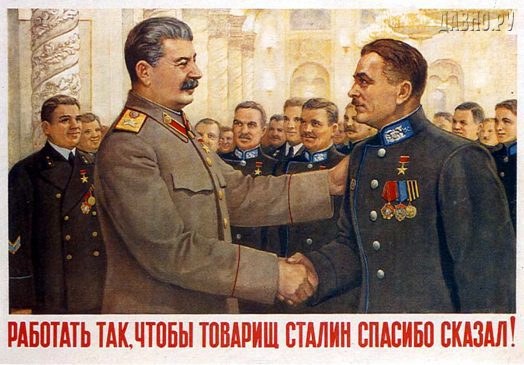Уметь means "be able to." It's weird to see it in the imperative, but the pigeon knows!
The verb тусить (you could use the verb тусоваться, they mean the same thing) means... like, "have a party, get down."
So, the pigeon is admonishing you: Learn to party like us! The verb тусить is pretty interesting. Like a lot of "old slang" it comes from French, the verb tasser (which sounds like тусэ to a Russian speaker), what you do to tobacco in your pipe, tamp it down... In a sense, then, the verb тусить means "tap your pipe! fill your bowl!"
I can see a situation where a bunch of people are hanging out, smoking, and someone says in French "Chill out, tamp you pipe, cool your heels, chill!" and that French word gets "Russified" and you get the verb тусить.... party on!
The verb тусить (you could use the verb тусоваться, they mean the same thing) means... like, "have a party, get down."
So, the pigeon is admonishing you: Learn to party like us! The verb тусить is pretty interesting. Like a lot of "old slang" it comes from French, the verb tasser (which sounds like тусэ to a Russian speaker), what you do to tobacco in your pipe, tamp it down... In a sense, then, the verb тусить means "tap your pipe! fill your bowl!"
I can see a situation where a bunch of people are hanging out, smoking, and someone says in French "Chill out, tamp you pipe, cool your heels, chill!" and that French word gets "Russified" and you get the verb тусить.... party on!
Check out yesterday's Muzyka Monday... and tap your pipe!
На сегодня...
First, take the grammar quiz...
Now, print out your handout or just grab it at the lab. Make sure to download the handout before printing it out or typing in it. Otherwise, not all assignments are visible.
Окей, теперь.... do two brief listening exercises on your хендаут:
* The link for 3-32 Реклама is here.
* И вот линк на 3-33
When you're finished, do the short exercise (it targets the prepositional case) on the handout... В чём они? Make sure you pay attention carefully to the change in endings! Катя в жёлтОЙ рубашкЕ. If you're having trouble with these endings, check out the PPP on the prepositional case here.
Practice practice practice... In Russian: Повторение мать учения, "Practice is the moth of learning." The "learning outcome" of this chapter is pretty straightforward and necessary. There are verbs in Russian. You use a lot of verbs, almost every sentence! You better know how to use verbs. How do you use verbs? Fill in the third page of your handout with any old verbs (total of 6 verbs):
Я изучаю, ты изучаешь, он изучает, мы изучаем, вы изучаете, они изучают! она изучала (past tense) изучать (infinitive).
Dr. Denner wrote a guide to conjugating verbs in Russian... It has lots of shortcuts and rules of thumb!
















